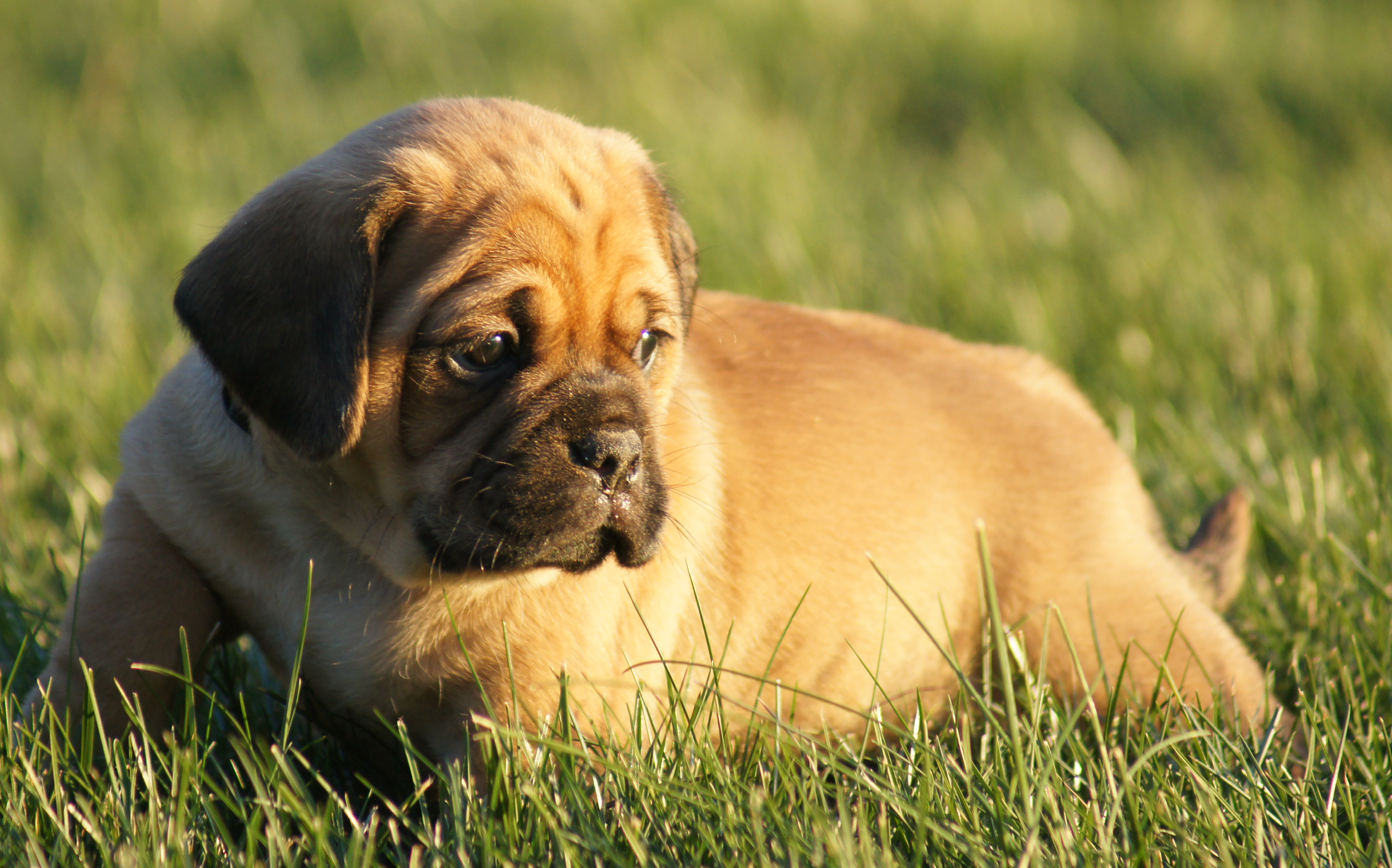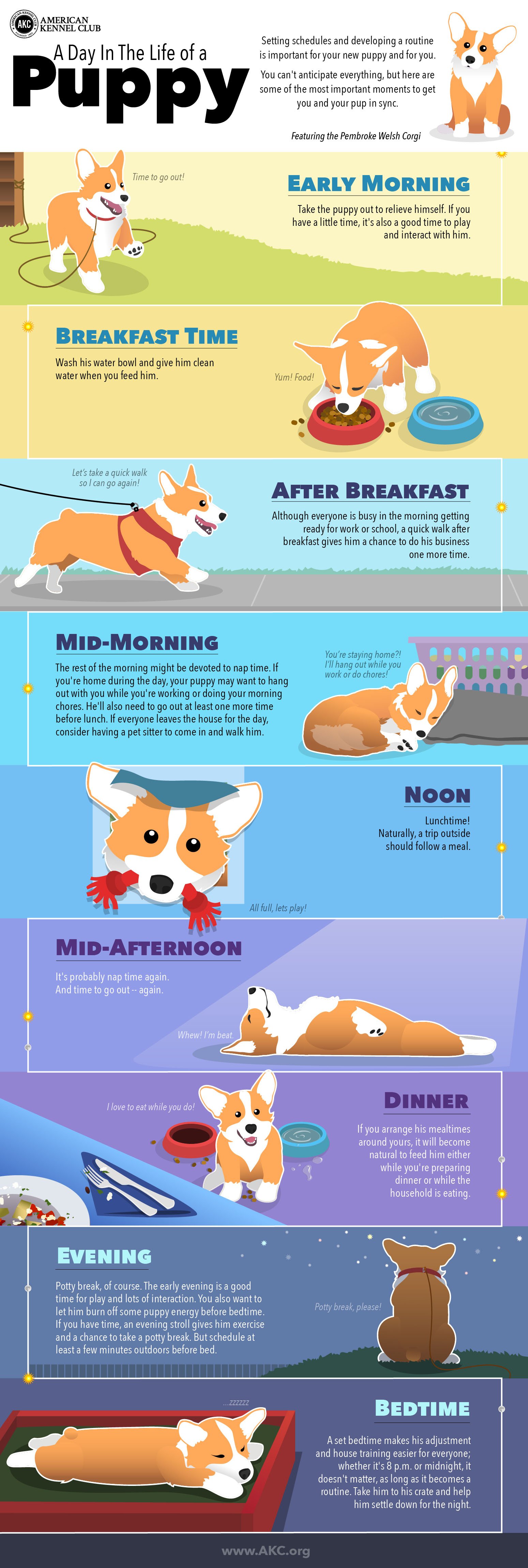shopping list
Pet bed
Bowls
Harness
Leash
Probiotics (helps with stress of leaving littermates) sprinkling on food also encourages them to eat
prepairing for your family member
Find a veterinarian
(get a appointment as soon as possible )
Buy the right supplies.
Puppy-proof your house!
first days
What to expect in your first 24 hours.
If your getting your puppy deliverd he/she will be ready to eat drink and strech their legs . ( If they were delivered)
We recommend to keep food with them at all time for the first day or two or till settled. Then get them on a feeding schedule. Feeding 3 times a day.
Starting a routine and sticking to it will help your puppy have a successful transition
Choose a potty spot: Start by taking him to the outside area where you want them to go potty. If he/she does relieve himself, use a command that you’ll stick to, like “go potty” or whatever you’re comfortable with and remember to praise them
.Schedule Potty Breaks
Keep to a regular routine of taking your puppy outside at least every two-to-four hours and after every change of activity. This is especially important during house training and will keep accidents to a minimum.
first night
Below is a link for this awesome little stuffed animal that will be sure to help your little one through its first nights
https://www.chewy.com/smart-pet-love-snuggle-puppy/dp/196019
Surviving the first night. For many, the first night is the toughest. Some puppies may cry for the first few nights. If you’re crate training, you may want to take them out and console them. However, letting them cry in their crate will help them understand the rules. You can put their crate in your bedroom so they know you’re close by. Some puppies may not be able to hold their bladder through the night. You can solve this by taking them on a potty break before and after bedtime. You may also need to take them out for a quick potty break in the middle of the night, then back to the crate.
First weeks
Feeding Unlike mature dogs that eat once or twice a day, most puppies need to eat puppy food three times a day. Make it easier to remember by planning his mealtimes around your own breakfast, lunch, and dinner. Wash out his water bowl and make sure it’s always filled with clean water, too.
Start enforcing rules. Teaching your puppy the house rules from the beginning will help them understand the boundaries. You will need to decide where they will sleep, if they’re allowed on furniture, or if they can have table scraps. Sticking to a schedule for mealtime, potty breaks, playtime, and naptime will help your puppy feel secure and confident. Puppies need plenty of sleep, and giving them a safe place to rest will help them.


